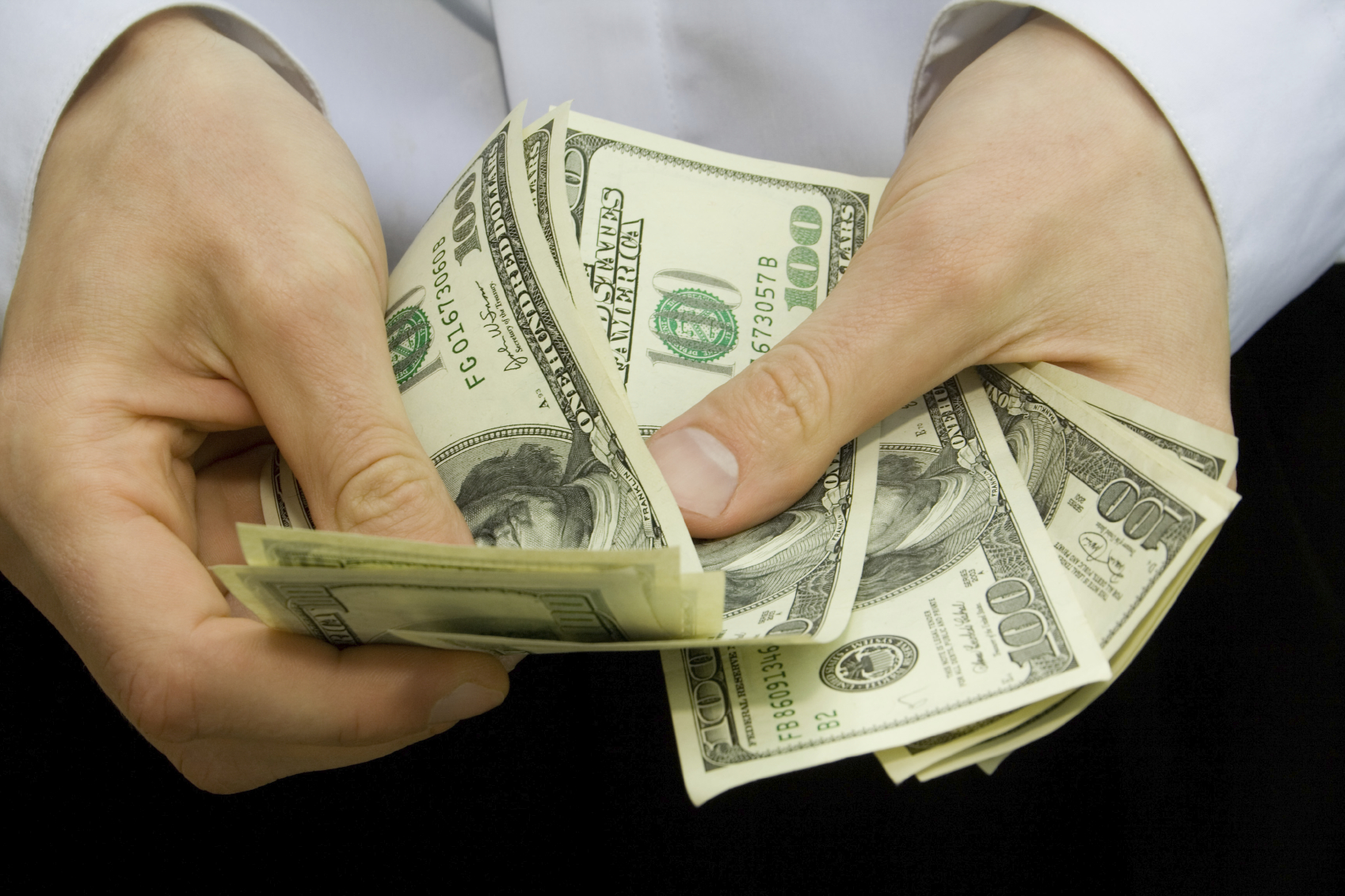Beware of sneaky cash advances, and more
Three top pieces of financial advice — from buying an overseas home to the resilience of health-care stocks

A free daily email with the biggest news stories of the day – and the best features from TheWeek.com
You are now subscribed
Your newsletter sign-up was successful
Here are this week's top pieces of financial news and advice:
The fine print on cash advances
You may have taken a cash advance from your credit card company without realizing it, said Catey Hill at MarketWatch. Many credit card agreements contain "sneaky fine print" that says certain transactions — such as legal gambling costs, wire transfers, and money orders — are automatically treated as cash advances. The same goes for those "convenience checks" that credit card companies sometimes hand out. The fees that come with these cash advances can be hefty. They're also common. A recent study by CreditCards.com found that 98 out of 100 cards examined came with a cash-advance fee, "typically 5 percent of the total amount or $10, whichever was greater." Interest rates also tend to kick in immediately — no 30-day grace period — and are often higher than the normal rate.
The Week
Escape your echo chamber. Get the facts behind the news, plus analysis from multiple perspectives.

Sign up for The Week's Free Newsletters
From our morning news briefing to a weekly Good News Newsletter, get the best of The Week delivered directly to your inbox.
From our morning news briefing to a weekly Good News Newsletter, get the best of The Week delivered directly to your inbox.
Buying an overseas home
The strong dollar is leading more Americans to think about buying a house abroad, said AnnaMaria Andriotis and Laura Saunders at The Wall Street Journal. But the complications of foreign markets could make them "appreciate the comforts of home." Buyers looking for mortgages on overseas properties often need to make larger down payments than in the U.S., and may have less time to pay off the loan. In the Caribbean, for instance, loans typically need to be repaid in 15 to 25 years. Then there are the tax implications. If you're renting out a home in another country, that income must be reported to the IRS, and in some cases, it counts as a foreign financial asset. Be sure to do your research before buying that dream beach house.
A healthy dose of health-care stocks
"Would you rather have a new BMW or two more years of life?" asked Steven Goldberg at Kiplinger. Your answer explains why health care is the market's "best all-weather sector." Because people generally cut back on other expenses before they do on medical treatments, health-care stocks held up surprisingly well during the recession. Over the past 25 years, the sector has returned an annualized rate of 12.3 percent, compared with 9.6 percent for the S&P 500. Not that buying in is cheap. Many biotech and drug companies have seen share prices "rise too far, too fast," and some are indeed overvalued. But our aging population means "future growth in health-care spending is inevitable." Health care is 15 percent of the S&P 500. That seems like "a sensible allocation" for most portfolios.
A free daily email with the biggest news stories of the day – and the best features from TheWeek.com
-
 The Olympic timekeepers keeping the Games on track
The Olympic timekeepers keeping the Games on trackUnder the Radar Swiss watchmaking giant Omega has been at the finish line of every Olympic Games for nearly 100 years
-
 Will increasing tensions with Iran boil over into war?
Will increasing tensions with Iran boil over into war?Today’s Big Question President Donald Trump has recently been threatening the country
-
 Corruption: The spy sheikh and the president
Corruption: The spy sheikh and the presidentFeature Trump is at the center of another scandal